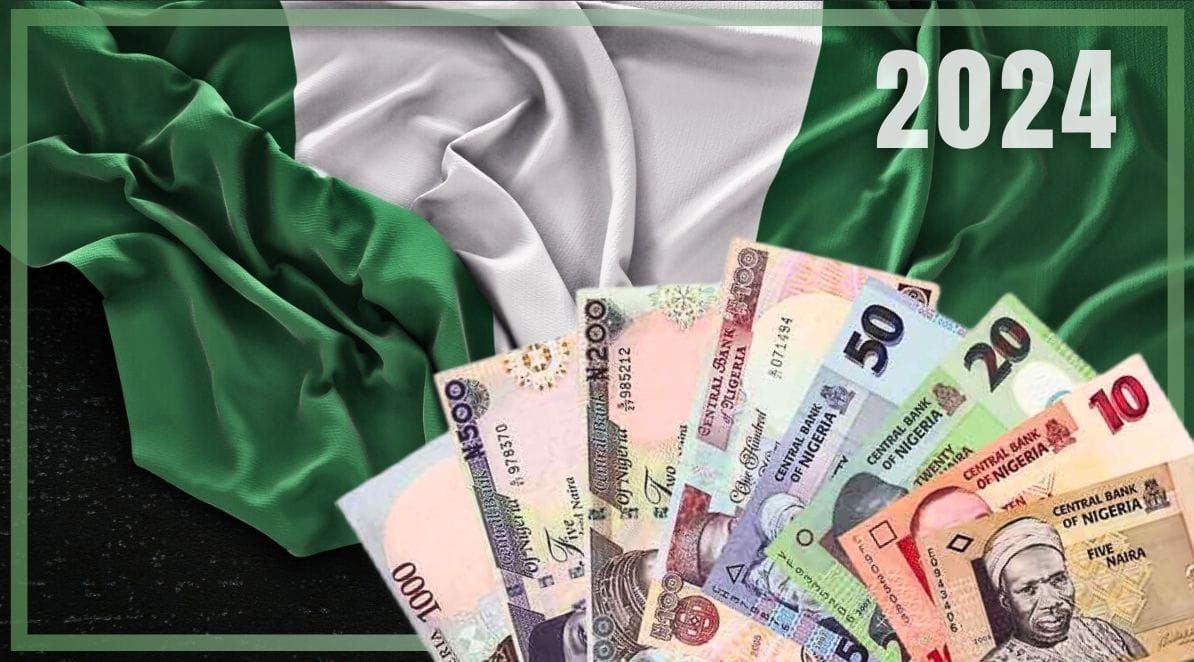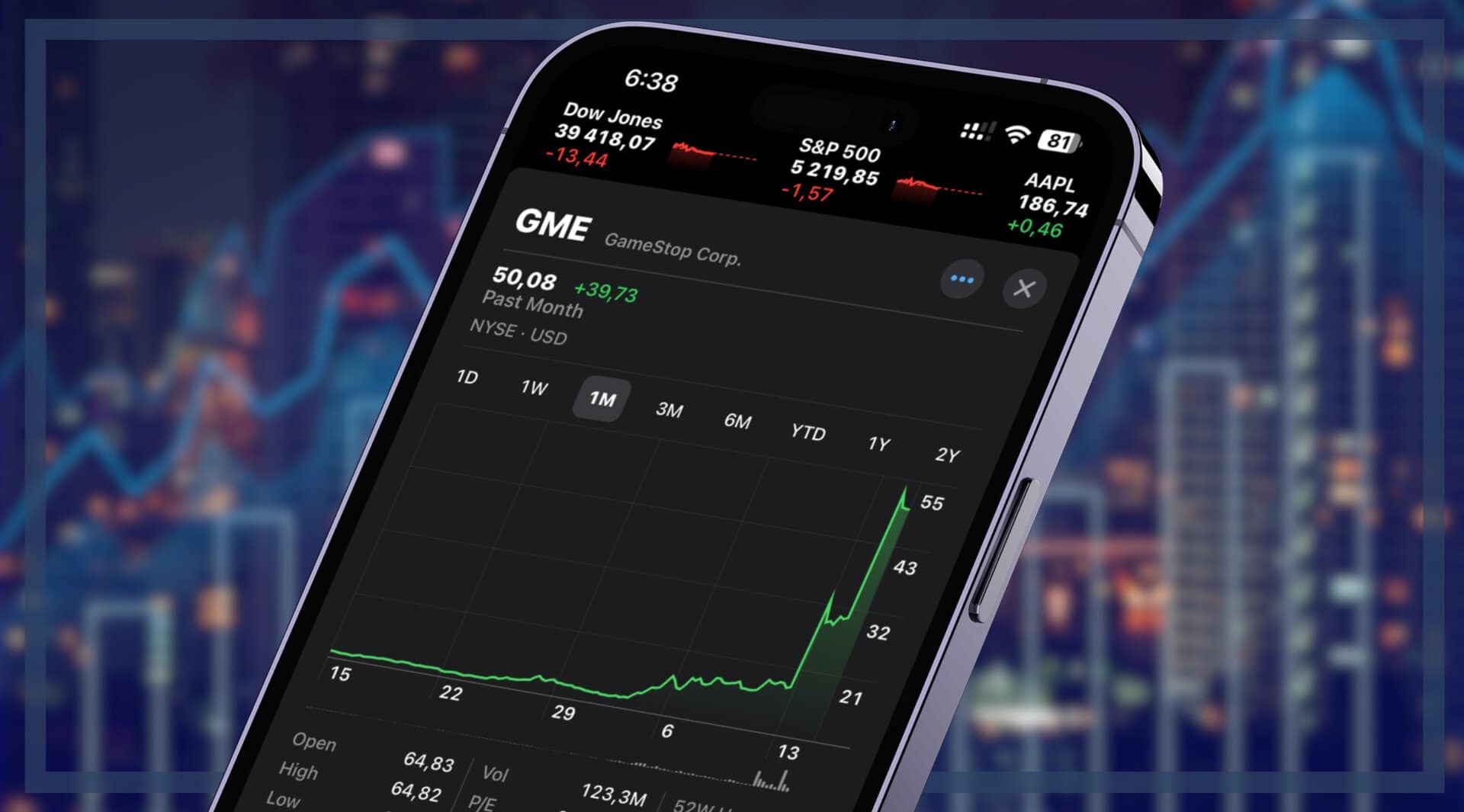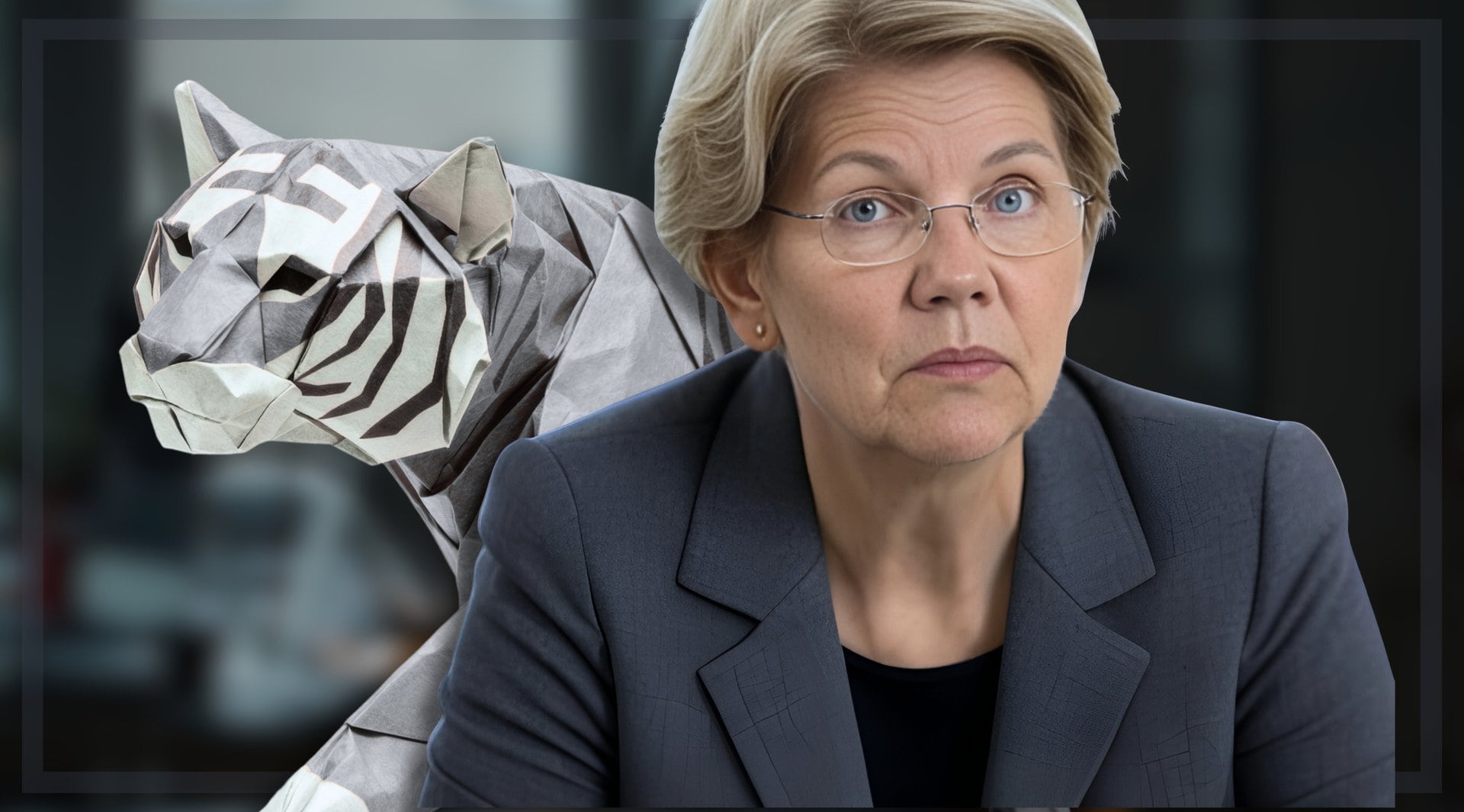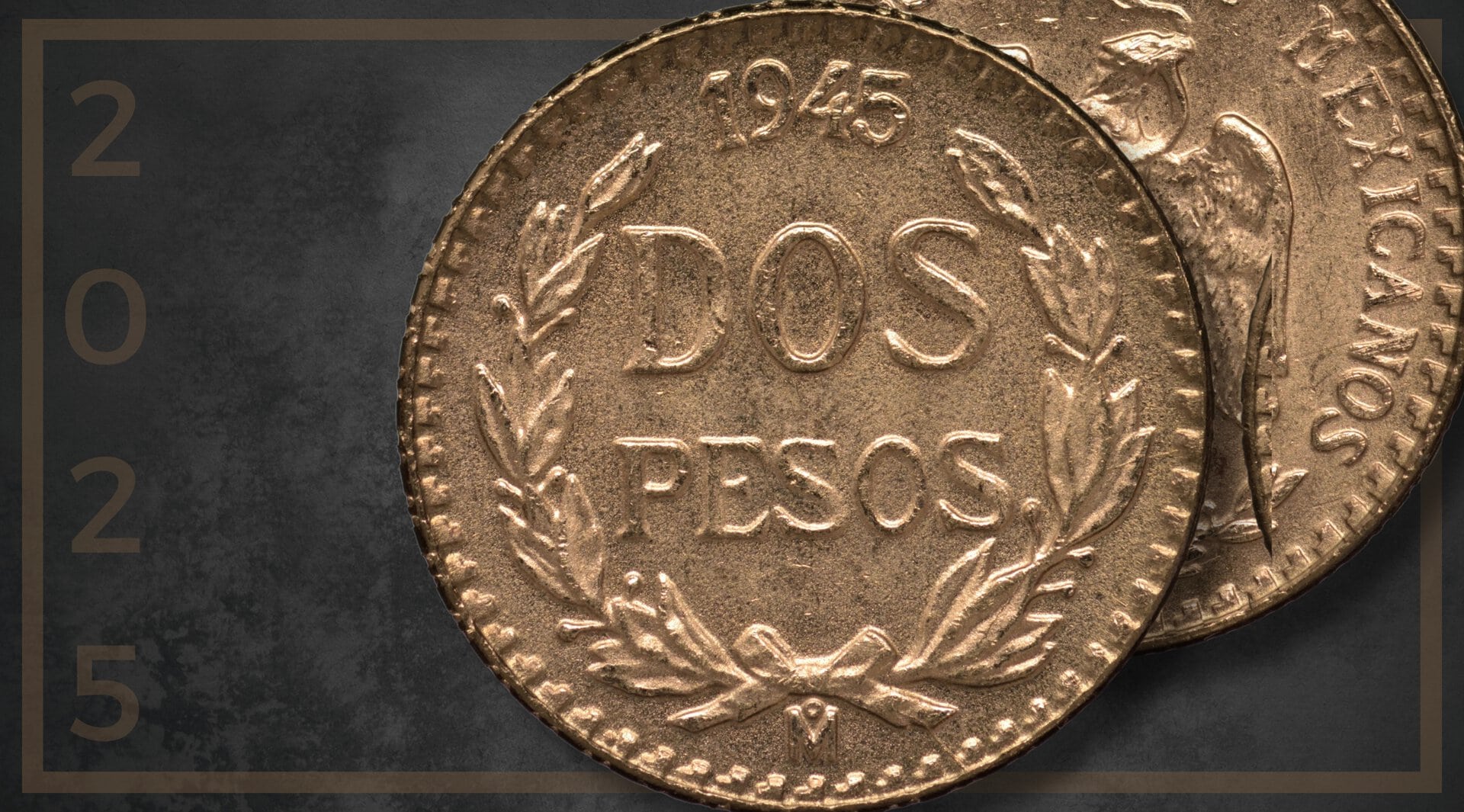Earlier this week, the Nigerian Naira (NGN) declined to a record low for the second time in just a fortnight. The Nigerian currency is now trading at around 875 against the dollar. The Nigerian currency has now been in a downward spiral since June, when the new President Bola Tinubu introduced a new foreign exchange regime in Africa’s largest economy.
Under the previous administration, led by Muhammadu Buhari, the Nigerian central bank maintained a peg of 197 naira to the dollar. The idea was to keep the naira stable and predictable, and therefore minimise the foreign exchange risks for international traders. Given that Nigeria runs a growing trade deficit, which stood at $26.49 billion in 2019, a stronger naira is also important in keeping inflation low.
Abuja is currently struggling with rising prices, with inflation standing at 27.72% in September, which offers some policymakers an added incentive to try and keep the naira artificially strong. The central bank has intervened in foreign exchange markets on numerous occasions to try and prop up a declining naira for these reasons.
Nigeria central bank to intervene in forex market, lifts forex ban on 43 items https://t.co/581ggXqY67 pic.twitter.com/rp5u2HZhxI
— Reuters World (@ReutersWorld) October 12, 2023
However, in June, Tinubu decided to drop these measures as part of a wider programme of economic liberalisation and to try and bring Nigeria back in line with international norms. He also aimed to encourage foreign inflows – the International Monetary Fund (IMF) had criticised the central bank interventions as a hindrance to foreign direct investment (FDI).
Furthermore, Nigeria has long had both an “official” and “unofficial” exchange rate, with the naira trading on the black market at a much lower rate than the official rate. Tinubu has expressed his intention to harmonise these exchange rates and thereby rectify this market distortion.
While many economists and foreign investors think this policy of normalisation is a crucial part of Tinubu’s attempts to liberalise the Nigerian economy, the cost is likely to be a dramatic decline in the value of the naira. Since June, the Nigerian currency has almost halved in value against the dollar, even though the central bank has not stopped intervening in markets entirely. At such time as the liberalisation policy is enacted in full, the speed of this decline is likely to gain even more rapid pace.
Another problem that will play into the increased weakness of the naira is Nigeria’s ongoing shortage of US dollars. The West African country has faced serious dollar shortages since the pre-pandemic period of low oil prices, which prompted foreign investors to exit their local assets and repatriate their profits in dollars. Abuja was forced to implement currency controls and other restrictive measures to try and cling on to some dollars, but still faces a shortfall of billions.
A shortage of dollars inevitably leads to a weaker naira because there is higher demand for a limited supply of the greenback, driving up its value relative to the local currency. For the naira to begin to make gains against the dollar, the government in Abuja will need to find a way to increased dollar liquidity significantly. While there have been isolated encouraging measures, there is no guarantee they will be able to do so.
Furthermore, Nigeria’s weak economic performance is likely to cause further problems for the naira in the year ahead. In a recent forecast, PricewaterhouseCoopers predicted that Nigeria’s sluggish growth rates – of 2.5% in the second quarter and 2.3% in quarter one – will continue into 2024. The IMF’s prediction is hardly any better, at 3.3% for 2024.
Nigeria’s sluggish economic growth to grind on through 2023 – PwC https://t.co/TV4uF4Lltz
— Premium Times (@PremiumTimesng) October 20, 2023
This is an issue for two main reasons. Firstly, the slow rate of growth is unlikely to be sufficient to compensate for the high levels of risk inherent in Nigerian markets. Secondly, the IMF also note that this growth is significantly below the average for emerging and developing markets. Foreign exchange traders looking to increase exposure to riskier emerging market currencies likely have better options than the naira.
Political instability could be yet another downside risk for foreign exchange traders to consider when dealing with the Nigerian naira. The international finance firm Allianz recently noted that “deep ethnic, religious, and subnational divisions are risks to systemic stability,” and that “terrorism, insurgency, kidnapping, and violent crime are major and growing deterrent to business operations in many parts of the country.”
While the last election passed relatively peacefully, there has been widespread discontent at Tinubu’s political and economic reforms, with the unions threatening to call nationwide strikes. The government has branded the strikes “immoral and illegal” and is trying to prevent them taking place through court action. However, foreign exchange traders will not appreciate the sight of increasing political tensions. Should the strikes come to pass, too, that would inevitably hit growth and productivity even further.
Nigeria’s government warns the country’s labor unions not to go ahead with a strike on Tuesday called in response to a police assault on one of their leaders https://t.co/obG5zotbI7
— Bloomberg (@business) November 14, 2023
2024 seems set to be a difficult year for the naira, which at times appears to be in almost terminal decline. Tinubu’s ongoing efforts to reduce central bank interventions in foreign exchange markets will likely remove the one obstacle to the naira devaluing at an even quicker pace. Meanwhile, the continuing shortage of US dollars, slow growth, and political tensions will only add to the risks for foreign exchange traders. It remains to be seen just how severe the damage could be.
Author: Harry Clynch
#Nigeria #Africa #NGN #ForeignExchange















